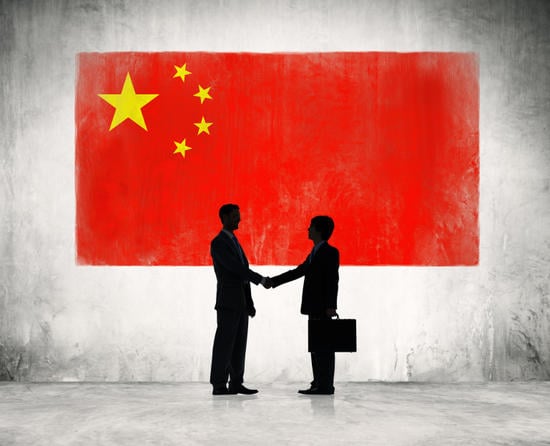This article first appeared on GuruFocus.
In a move that looks more symbolic than strategic, Beijing has shelved its antitrust probe into Google’s (NASDAQ:GOOG) Android platformjust days before President Donald Trump and President Xi Jinping are expected to speak. First announced in February, the case against Alphabet’s mobile OS came right after the US imposed 10% tariffs on Chinese goods. Now, with no real commercial teethgiven Google’s limited presence in Chinathe decision could be read as a goodwill signal meant to ease tensions, especially as trade negotiations remain delicately poised.
But the real heat is elsewhere. China is now zeroing in on Nvidia (NASDAQ:NVDA), just as the AI chipmaker becomes the nerve center of Washington’s tech sanctions. According to reports, China’s cyberspace regulator has directed firms like Alibaba (NYSE:BABA) to suspend orders for Nvidia’s RTX Pro 6000D workstation chips, citing concerns the hardware could be repurposed for artificial intelligence. That crackdown follows Beijing’s ruling that Nvidia violated antitrust rules with its $7 billion Mellanox acquisition back in 2020an acquisition already under scrutiny in the US and Europe, but now becoming a point of leverage in Beijing’s own semiconductor playbook.
Adding to the pressure, China has also launched an anti-dumping investigation into certain US semiconductors, directly impacting companies like Texas Instruments. While letting Google off the hook may offer a low-cost diplomatic chip, the escalated action against Nvidia suggests Beijing is playing a different gameone focused on reshaping the AI hardware landscape. With chip exports already constrained under US rules, China’s latest moves look less like retaliation and more like repositioning. The message? Symbolic concessions may be on offer, but critical tech supply chains are now the main theater.
